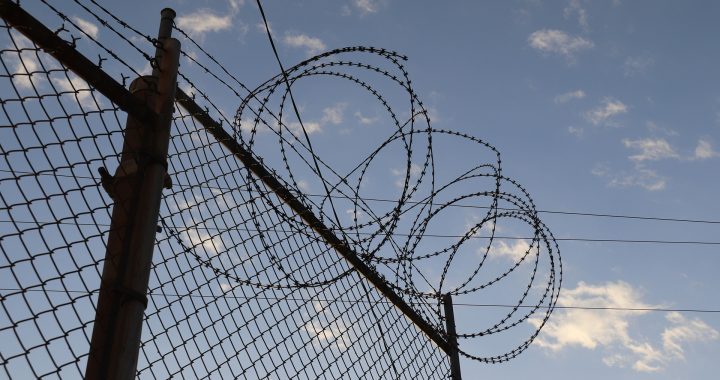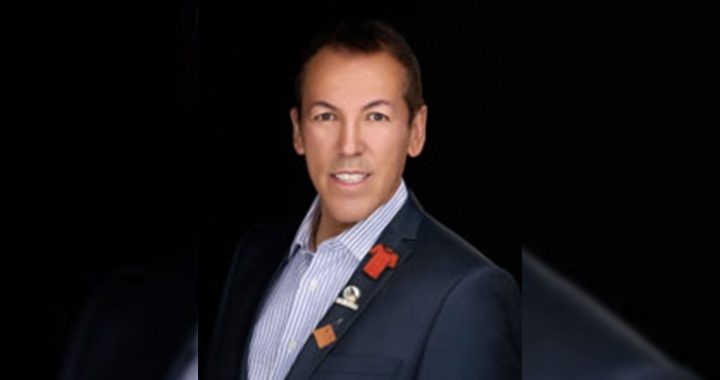An organization in Montreal that helps Indigenous women says the rates of violence because of a shortage of shelter space and affordable housing is on the rise.
“As someone who has been a long time anti-violence frontline worker, the levels of violence I’m seeing are just quite staggering,” said Laura Aguiar, project coordinator for the Iskweu Project, an Indigenous women’s support centre that also tracks cases of missing and murdered Indigenous women, Two-Spirit and trans people in Quebec.
According to statistics collected by Iskweu, between Aug. 23 and Nov. 8, there have been 13 missing persons cases, five hostage takings, six cases of human trafficking, eight sexual assaults, 24 cases of intimate partner violence and one murder among Indigenous women in the downtown Montreal area alone.
“We have about 40 women we work with, and almost all are in very dangerous, very highly lethal situations of violence,” said Aguiar.
During a vigil in downtown Montreal against gender-based violence Dec. 6, the 35th anniversary of the Polytechnique shooting, Aguiar invited the crowd to honour the 14 women who were killed as well as the Indigenous women who went missing or were murdered in Quebec this year, reading their names aloud, followed by a moment of silence.
Aguiar said homeless Indigenous women are even more vulnerable to gender-based violence, particularly with the closure of Chez Doris, the only women’s shelter downtown. It shut its doors in September due to staffing shortages.
As of October 2022, there were 1,600 shelter beds available for around 4,690 homeless people. While the Montreal government announced a $9.7 million investment to add 188 shelter beds, it still falls short to house everyone in the colder months.
“They’re going to more isolated areas like abandoned buildings, alleyways, motels where there’s less contact with people, so that’s been really challenging to navigate and it’s a trend we’re seeing as the months get colder,” said Aguiar.
While Chez Doris is set to re-open Dec. 11, Aguiar said it’s important that other issues, like housing affordability in the city, are addressed. The average rent for a one-bedroom apartment in Montreal is $1,700, a 14 per cent jump from last year.
“A lack of access to financial resources is one of the biggest barriers to leaving a situation of violence, so if your choice is to sleep on the streets when it’s December and it’s like minus ten, or to stay with an abuser where you know you’re going to be warm, you know what that pattern of violence looks like,” she said.
Ultimately, Aguiar said that all institutions need to work towards reducing gender-based violence.
“I often hear people say, ‘Well what is Iskweu doing to address violence against women, what are you doing because these numbers are so high,’ and it’s also like, ok but the hospitals have a role too, right, second stage housing programs, the OMHM [Montreal housing office],” she said.
“It’s such a corny anti-violence quote, but it’s so true that ‘it takes everyone.'”










